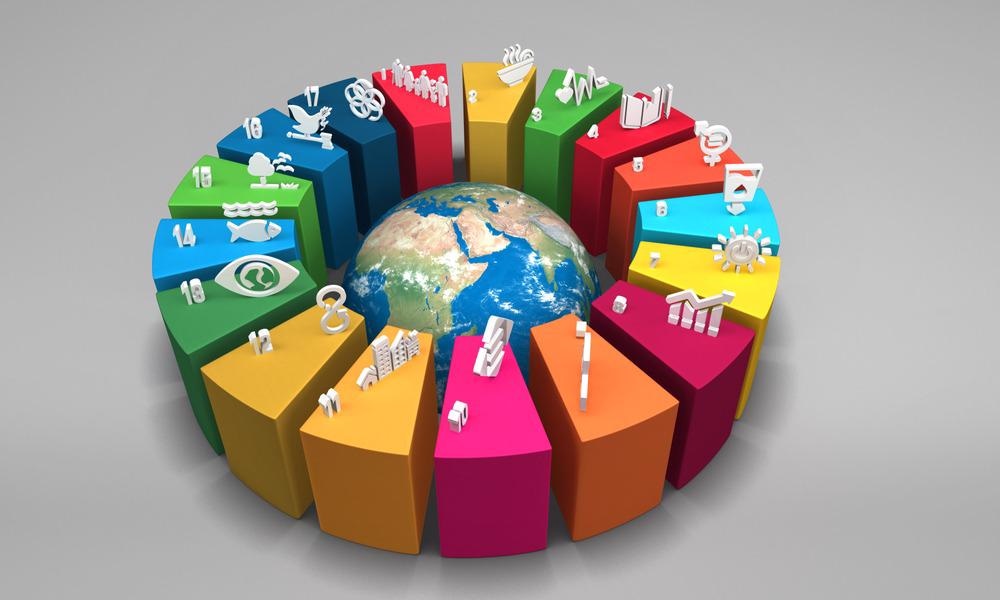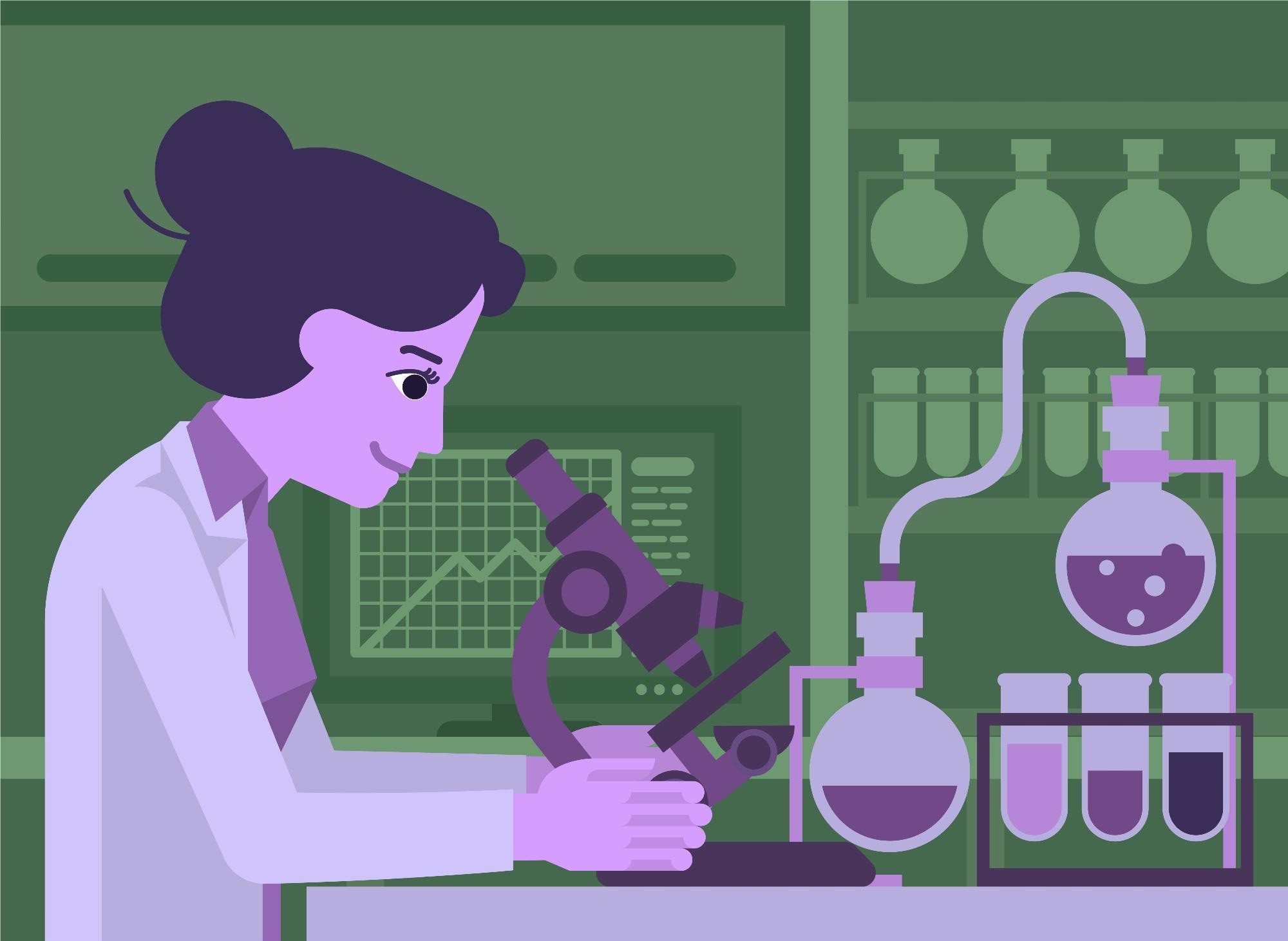The Sustainable Development Goals (SDGs) were set to make the world a better place for all. Following initial high hopes to hit key targets by 2030, the COVID-19 pandemic has derailed much of the progress that was being made. To ensure that these goals are met, all areas of science, technology, and innovation must be aligned with these targets. We must mobilize all corners of these sectors so that progress can continue and the effects of the global pandemic can be overcome.

Image Credit: MintBlac/Shutterstock.com
Here, we outline what the SDGs are, how the COVID-19 pandemic has impacted them, and why it is crucial to activate movement towards these goals in everyday science.
What are the sustainable development goals?
The United Nations set the SDGs in 2015 in a bid to reach for peace and prosperity for humans and the planet. All UN Member states agreed to work towards the 17 distinct goals (with 169 targets), which they aim to achieve by 2030. The 17 sustainable goals are; no poverty, zero hunger, good health and well-being, quality education, gender equality, clean water and sanitation, affordable and clean energy, industry, innovation and infrastructure, reduced inequality, sustainable cities and communities, responsible consumption and production, climate action, life on land, peace, and justice strong institutions, partnerships to achieve the goal. The UN hopes to "achieve a better and more sustainable future for all" with these goals.
The COVID-19 pandemic disrupted progress toward achieving SDGs
The COVID-19 pandemic disrupted essential work towards achieving the SDGs by 2030. Before the pandemic hit, experts had already warned that while progress was happening, it was already off track. The pandemic, with its nationwide lockdowns, restrictions on travel, demand on research and healthcare resources, and the closing of educational institutions and businesses, has reversed much of the progress that had been made.
A year after the pandemic began, Nature highlighted several key figures that demonstrated how COVID-19 had detrimentally impacted work towards the SDGs. Firstly, the number of those at risk of starvation doubled over the first year of the pandemic. Second, it was noted that the goal to reach universal primary education, which was within reach in 2019, had been derailed due to school closures.
At the end of 2020, an estimated 320 million children were out of school, a significant increase in pre-lockdown figures. In addition, working hours equivalent to just under 500 million full-time jobs were lost due to the forced closure of businesses.
Rapid response to the impact of the COVID-19 pandemic on the path toward the SDGs must be initiated. Around the world, thousands of groups, organizations, and companies have begun implementing their individual plans to achieve the SDGs and help mitigate the impact of the pandemic. This holistic approach to making meaningful change in every corner that is impacted by the SDGs will help us get back on track.
Implementing strategies and changes that address the UN's 17 goals in everyday science will be a crucial driver to achieving these goals. Strategies that will be valuable to making important changes to move closer to the 17 goals are not limited to the more formal areas of science. Work towards many of the goals can be established through small changes made by many people. The goal of climate action is an excellent example of this.
While innovation is vital in this field, and scientific research into novel ways to prevent and tackle climate change is fundamental to addressing global warming, it is also important to establish renewable energy as our main source of energy and to adopt sustainable practices. This can easily be achieved in everyday sciences, as well as in other areas.
Changing protocols and adjusting the status quo are important to bring about real change. Those working within science should consider how their ways of working can be updated to align with moving towards the 17 goals. Small steps made by many people add up.
Gender equality is another great example. Everyday sciences can embrace gender equality by closing the gender gap that currently exists in science. Nurturing women throughout every stage of their career in science is important to ensuring female role models exist in science, those that can change the system so that more women can enter in the future.
Implementing key changes into everyday sciences is also an effective way to teach the next generation good habits that will lead to positive future outcomes. Science teaches us how the world works; therefore, integrating ways of thinking focused on the UN's goals is vital to creating a world where meaningful change can happen.

Image Credit: Christos Georghiou/Shutterstock.com
Last Updated: May 17, 2022